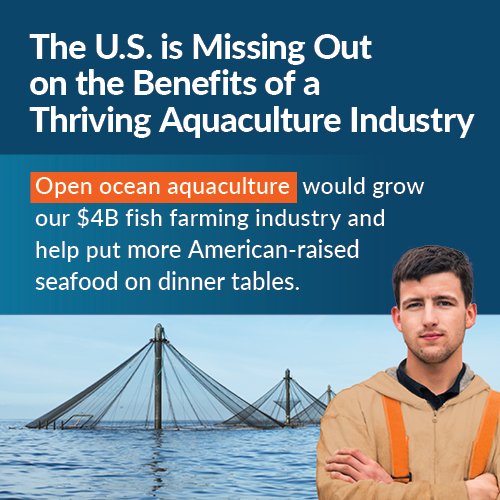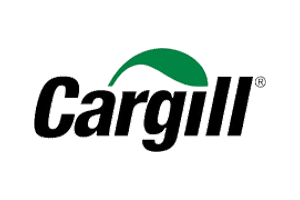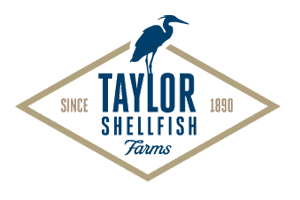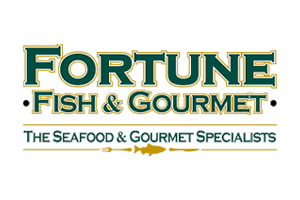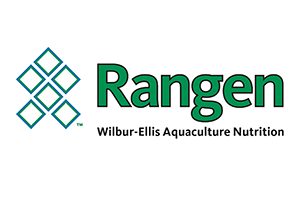More Sustainable Seafood from U.S. Waters
Open ocean aquaculture is one of the most environmentally sustainable ways to produce protein and is used widely around the world to complement wild harvest, yet it remains an untapped industry here in the U.S.
Due to the lack of a pathway for farming seafood in federal waters, the U.S. ranks only 18th in aquaculture production globally and imports up to 85% of our seafood – half of which is estimated to come from fish farms in other countries.
There is growing bipartisan consensus in Congress—as well as among seafood industry leaders, environmental groups, chefs, and academics—on legislation to expand U.S. aquaculture.
The bipartisan Marine Aquaculture Research for America (MARA) Act of 2025 (S.2586) would advance open ocean aquaculture in U.S. waters, building on years of bipartisan effort and incorporating key provisions from prior legislation, including the AQUAA Act.
Explore our fact sheets and links to scientific research to learn more about how America would benefit from the expansion of aquaculture in our waters.

